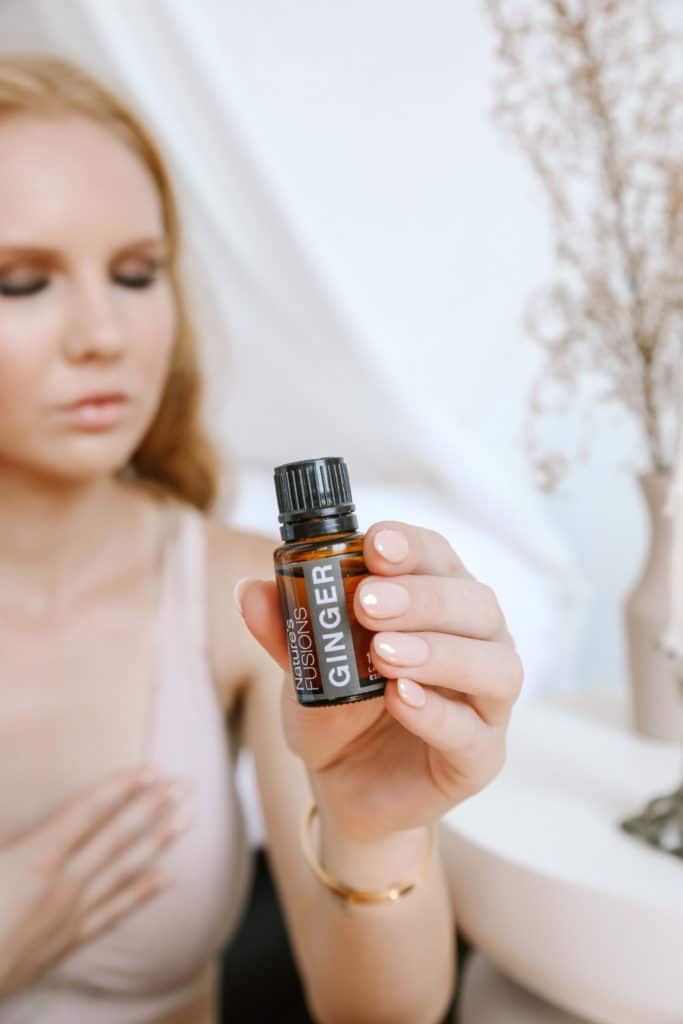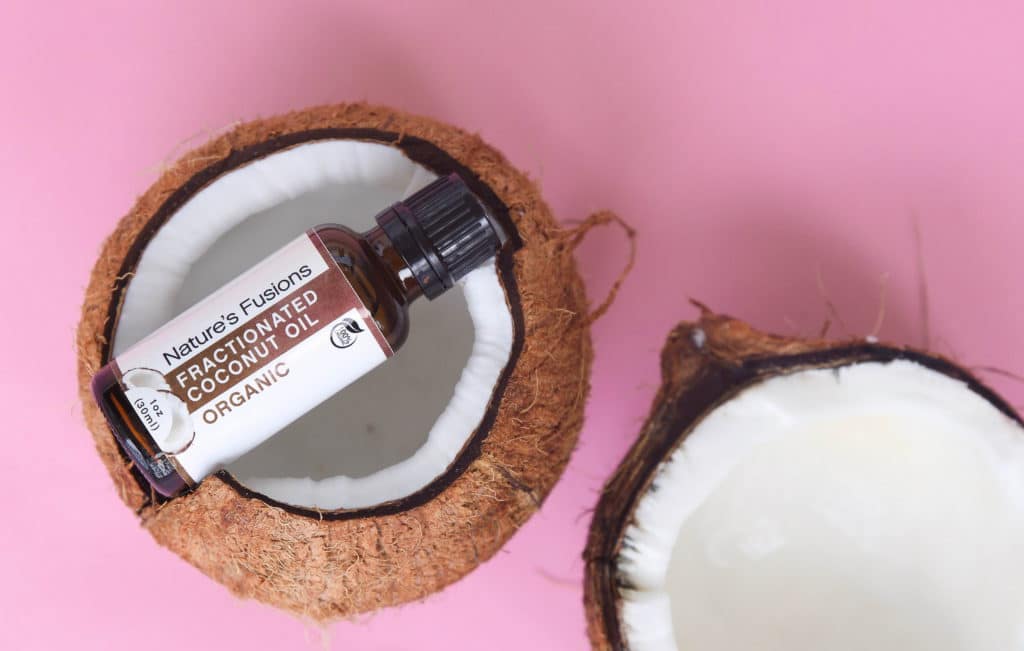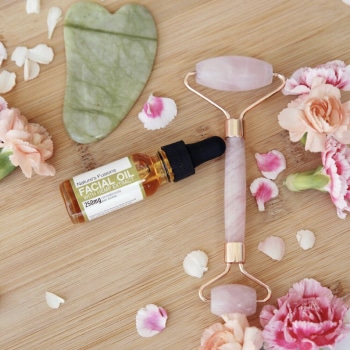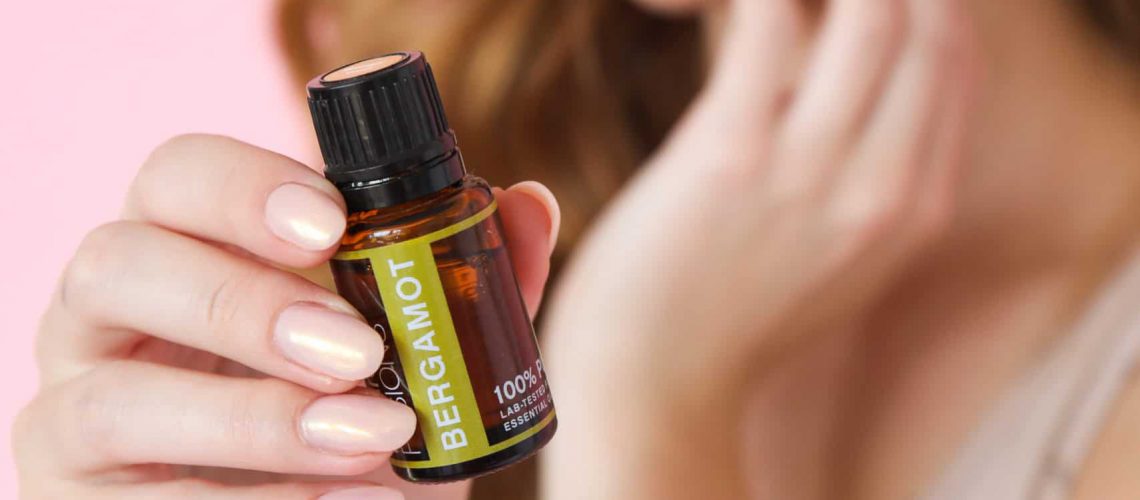Breakouts are usually something that coincide with the teenage years. And they specifically seem to attack right before something important like a dance or party. While breakouts are generally relegated to this period of life, they aren’t exclusive to it. The unfortunate reality is that there are plenty of adults who suffer from bad breakouts too. Acne isn’t the only thing that can cause breakouts though. Sometimes breakouts can be caused by an allergic reaction.
Essential Oils for Allergic Reactions
Allergic reactions can come in many forms. Some of them manifest in the appearance of reddened, irritated skin. This is most often the case when the skin meets an allergen or irritant. Skin allergic reactions can range from the development of hives to dry, itchy skin to acne. These reactions are often unsightly and can leave you feeling very self-conscious about your skin.
Some essential oils can be especially beneficial when it comes to improving the appearance of reddened or irritated skin. Tea Tree is a great essential oil for allergic reactions. This oil improves the appearance of reddened, irritated skin. That irritation and reddening is caused by histamines, which are chemicals produced by the body to combat foreign bodies. Tea Tree can be applied topically in a 2-10% dilution, which brings us to a helpful carrier oil worth mentioning. Fractionated coconut oil is commonly used as a carrier oil, but it’s good for more than just a solvent for the essential oil. It’s highly moisturizing, allowing it to improve the appearance of dry, damaged skin. This is especially helpful in the case of skin, since dry skin can make you more susceptible to topical allergic reactions. As an added bonus, coconut oil absorbs quickly into the skin without clogging your pores, reducing your risk of experiencing an extra oily acne breakout

How to Avoid Allergic Reactions with Essential Oils
Pure essential oils and essential oil blends can offer some amazing benefits whether you choose to diffuse them or apply them topically. The benefits don’t mean that you can just use them without some direction.
While essential oils are generally considered safe to use, they must be used properly if you want to avoid an unpleasant reaction. Here at Nature’s Fusions, we’re dedicated to providing you with powerful, never diluted oils. That means that our high-quality essential oils are incredibly potent. That potency can put you at a much higher risk of having a reaction to topical applications. This is one of the reasons why it’s a good idea to use carrier oils when you are applying essential oils topically.

Keep Sensitive Skin Safe
While it’s always good to take steps to reduce your risk of a bad breakout or allergic reaction, it’s even more important for people who have sensitive skin. Sensitive skin is more prone to being irritated by nature, which means that substances that would ordinarily be fine to apply topically may be irritating, elicit a bad reaction, or may require more care to be taken when applying.
Because most essential oils are potent enough that they should only be used in a dilution, it’s important to understand how to properly dilute them in a carrier oil so they can be safely used. As a general rule, dilutions are measured in percentages. The easiest way to think about it is to consider each drop of essential oil into a teaspoon of carrier oil as being 1 percentage point. As an example, if you wanted to create a 2% dilution of Tea Tree oil, you would put 2 drops of Tea Tree into 1 teaspoon of your chosen carrier oil. A 10% dilution would have 10 drops of Tea Tree into 1 teaspoon of carrier oil.

To avoid experiencing a widespread adverse reaction it’s important to always do a spot test with any new essential oil or carrier oil before you go dumping it on your skin and face. Doing a spot test is quite easy. Simply create your dilution and apply 1-2 drops on your inner forearm. Apply a bandage and avoid getting it wet. If you feel any irritation, remove the bandage and gently wash the area with soap and water. If you don’t notice any adverse skin reaction after 48 hours, that combination should be safe for you to use topically.
Experiencing redness, dryness, cracking, a lack of elasticity, or oiliness in your skin? Try our Facial Oil, specially formulated to help nourish and safeguard your skin improving the appearance of fine lines, wrinkles, and blemishes. Perfect for all skin types, just use fewer drops for oily skin.

